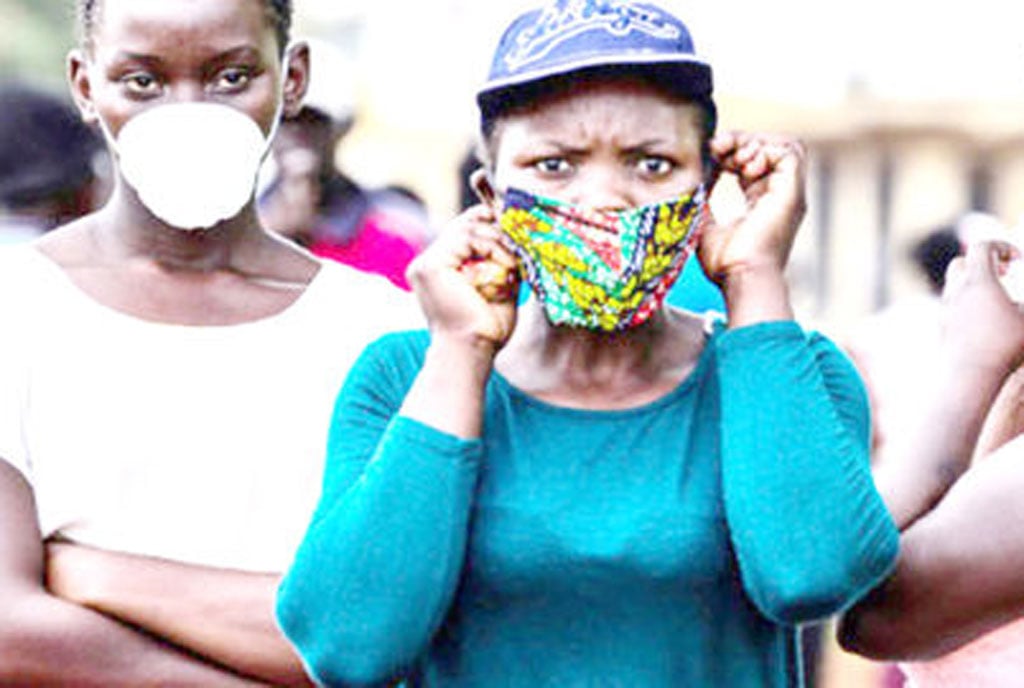Prime
Covid triggers 15% increase in mental illnesses

Covid-19 patients in the ICU at Mulago Referral Hospital in the past. PHOTO/PROMISE TWINAMUKYE
What you need to know:
- Our mental health is maintained by the environment we live in.
- 43: There are only 42 psychiatrists in the country and 1,000 professional counsellors and psychologists, according to the ministry
There has been a 15 percent rise in the cases of mental health conditions in the country following the outbreak of the Covid-19 pandemic, statistics from the Ministry of Health indicate.
Our analysis found that in 2019, before the outbreak of the pandemic in the country, a total of 467,667 cases of mental health conditions were recorded in out-patient visits in hospitals, while in 2021, the number shot up to 550,373.
Associate professor Catherine Abbo, a psychiatrist and senior lecturer in the Department of Psychiatry, at Makerere University, told Daily Monitor that they have witnessed worrying increases in the problem of mental health during the Covid-19 pandemic due to disruption of livelihoods.
“Our mental health is maintained by the environment we live in. If we live in an environment that is poverty-stricken and where you cannot go to school, you will have a higher chance of developing mental illness,” she said.
Dr Charles Olaro, the director of clinical services at the Ministry, told journalists yesterday at the ministry’s headquarters that the loss of loved ones and rising poverty due to Covid-19 are causing the rise in mental health problems.
He was launching the mental health awareness month of May, which is being celebrated under the theme ‘Mental Health for All: Making mental health a national priority.’
The celebration is being done along with private sector players such as Soul Foundation and Uganda Counselling Association (UCA), raising awareness about the need for seeking mental healthcare and fighting the stigma.
“The theme speaks to the current challenges we are faced with as a nation and the world over following the unprecedented period of Covid-19, which saw the entire world go into lockdown, isolation of the sick, massive loss of lives, forcing people into spaces of loneliness, both mentally and physically,” he said.
Ms Janet Kantalama, an official from UCA, said loneliness caused by Covid-19 restrictions exacerbated deaths and worsened mental health problems because people failed to reach hospitals.
Ms Anna Nabulya, the deputy executive director of Uganda Youth Development Link, an organisation that works in Kampala slums, said Covid-19 disrupted livelihoods and significantly affected the wellbeing in slums.
Dr Olaro said: “35 percent of Ugandans suffer from a mental health disorder. ”




